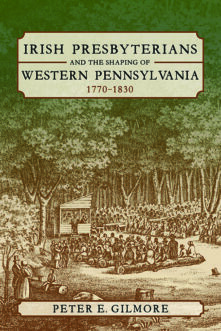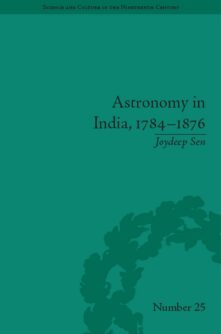Books
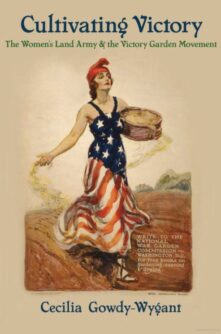
Cultivating Victory
The Women's Land Army and the Victory Garden Movement

The Firebird
The Elusive Fate of Russian Democracy
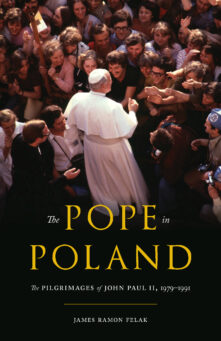
The Pope in Poland
The Pilgrimages of John Paul II, 1979-1991
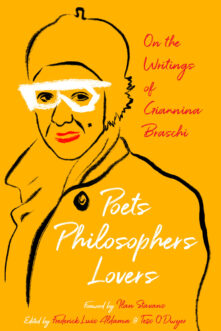
Poets, Philosophers, Lovers
On the Writings of Giannina Braschi
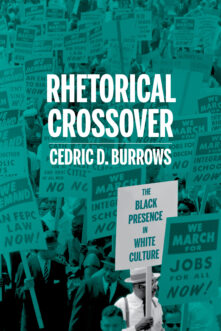
Rhetorical Crossover
The Black Presence in White Culture
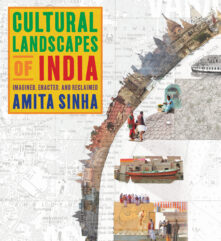
Cultural Landscapes of India
Imagined, Enacted, and Reclaimed
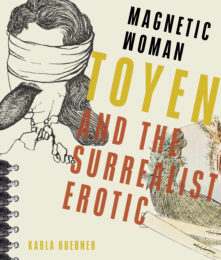
Magnetic Woman
Toyen and the Surrealist Erotic
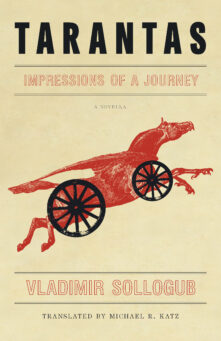
Tarantas
Impressions of a Journey
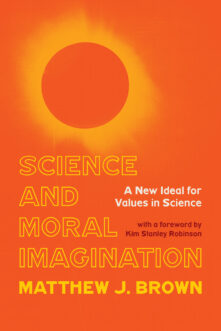
Science and Moral Imagination
A New Ideal for Values in Science
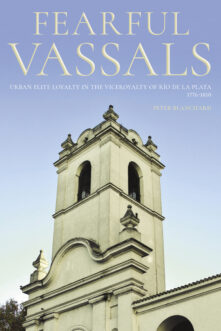
Fearful Vassals
Urban Elite Loyalty in the Viceroyalty of Río de la Plata, 1776-1810

The Making of Modern Anthrax, 1875-1920
Uniting Local, National and Global Histories of Disease
Total 1559 results found.



